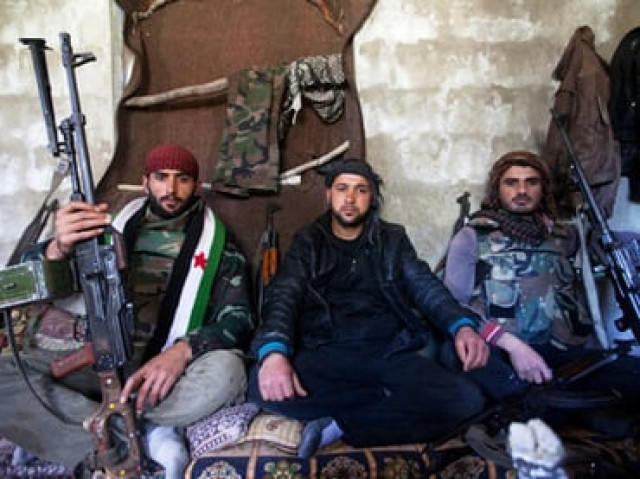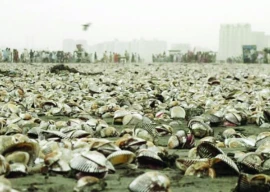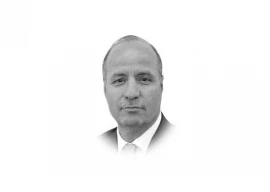
The massacre allegations came as the Organisation for the Prohibition of Chemical Weapons (OPCW) won this year's Nobel Peace Prize, which it said it would celebrate once it has completed the daunting task of eradicating Syria's vast chemical arsenal amidst a brutal civil war.
A Human Rights Watch (HRW) report on the killings of Alawite villagers said another 200 people - the vast majority women and children - were taken hostage in the rebel operations in August.
The report, which urged an arms embargo on groups suspected of war crimes or crimes against humanity, said at least 67 people were "executed or unlawfully killed."
HRW said the killings began on August 4, the first day of the Eidul Fitr holiday ending the Muslim fasting month of Ramadan, in villages in Latakia province, a stronghold of Alawites, whose faith is an offshoot of Shia.
"These abuses were not the actions of rogue fighters," said HRW's Joe Stork. "This operation was a coordinated, planned attack on the civilian population."
The 105-page report, based on interviews with 35 survivors, emergency personnel and fighters on both sides, said at least 20 groups were involved, but that five "are responsible for specific incidents that amount to war crimes."
It named them as Ahrar alSham, Islamic State of Iraq and the Levant (ISIL), al Nusra Front, Jaish alMuhajireen Wal-Ansar and Suqur alEzz.
HRW said that, in some cases, fighters from the Sunni-led opposition executed or gunned down entire families, or killed the elderly or infirm who had been left behind by those who fled.
It also said "some of the opposition atrocities... had clear sectarian motivation".
In one village, it said fighters intentionally damaged an Alawite maqam, a site where a religious figure is buried.
They had also abducted and killed the area's Alawite religious leader, it said, quoting al Nusra as saying he had been executed because he supported the regime.
HRW said the ISIL and Jaish al-Muhajireen Wal-Ansar were still holding 200 hostages, mostly women and children.
"We have documented abuses by opposition forces before, but never on this scale," HRW researcher Lama Fakih told AFP, saying "violators on all sides" should be referred to the International Criminal Court.
The opposition National Coalition expressed "deep concern" about the reported atrocity and distanced itself from those responsible.
"The incident reported by HRW in today's report does not represent an effort by the true Syrian opposition, but rather a shameful one-time attack by outlier extremist groups that thrive under the hand of the Assad regime," a statement said.
In Damascus meanwhile, a second team of OPCW inspectors arrived to help supervise the destruction of Syria's chemical arsenal under the terms of a UN resolution.
"We will celebrate the Nobel Peace Prize when our mission in Syria is successfully completed," Jerry Smith, the Head of Field Operations for the OPCW mission in Syria, said in a statement to AFP.
The United Nations and the chemical weapons watchdog have now doubled to 60 the number of experts and support staff on the ground, a UN statement said.
The team "has made good progress in verifying the information submitted" by the Syrian government and inspected three sites in its first 10 days of operations.
It has also overseen the destruction by Syria of some munitions and chemical weapons production equipment, the statement said, as the conflict which has cost more than 115,000 lives neared its 31st month.
In fierce fighting on Friday, Syrian forces captured a village southeast of Aleppo as they closed in on a major rebel stronghold nearby, according to the Syrian Observatory for Human Rights.
The Britain-based monitoring group said the fighting took place near a large military facility where the government stores chemical weapons east of the city, which is split between government and rebel forces.
In other clashes, Syrian soldiers backed by the Lebanese Shia militia Hezbollah recaptured two localities in the southern suburbs of Damascus close to the Shia holy shrine of Sayyeda Zeinab, the Observatory said.


















COMMENTS
Comments are moderated and generally will be posted if they are on-topic and not abusive.
For more information, please see our Comments FAQ